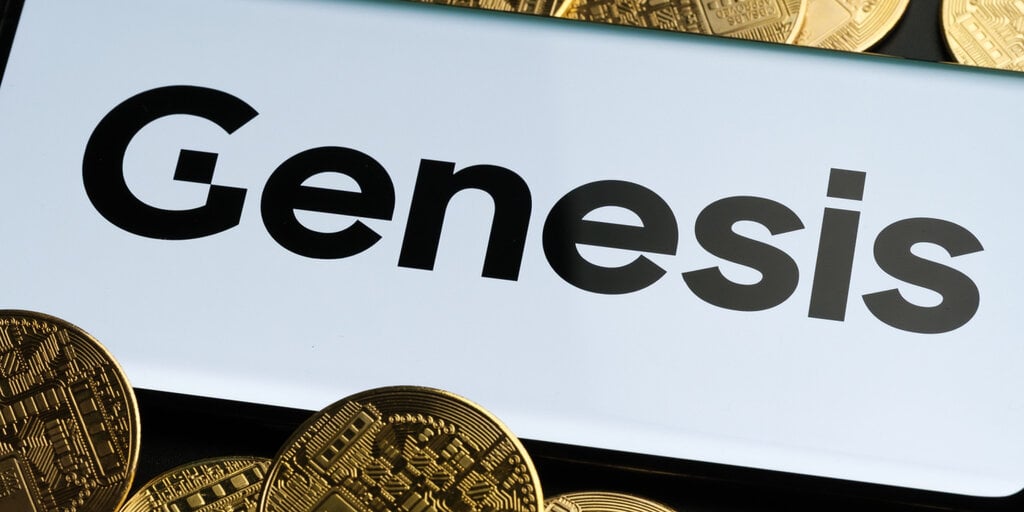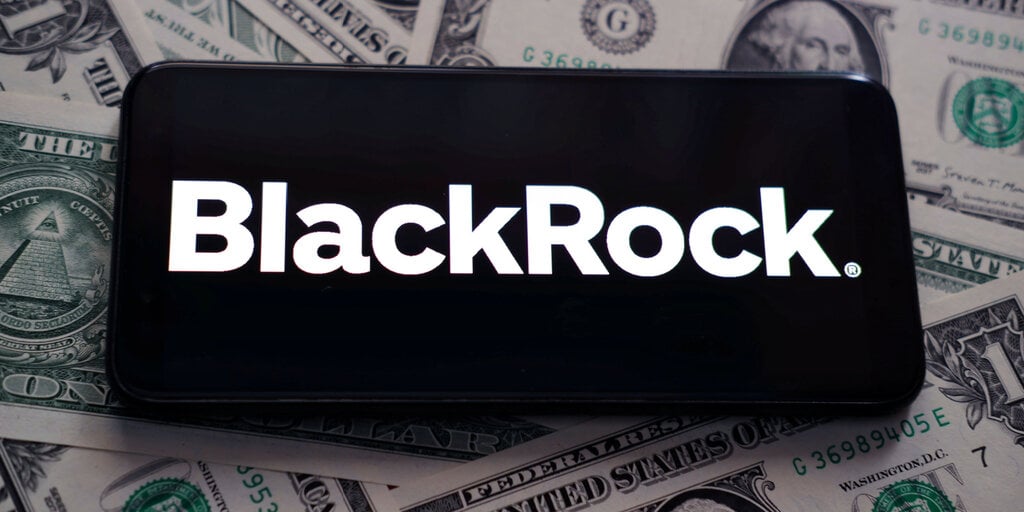The Genesis Bankruptcy and SEC Settlement
Genesis, a bankrupt crypto lender and subsidiary of Digital Currency Group, has agreed to pay a $21 million civil penalty to settle charges with the Securities and Exchange Commission (SEC) without admitting or denying any allegations. The SEC accused Genesis of engaging in the unregistered offer and sale of securities through the Gemini Earn crypto asset lending program.
The SEC emphasized its commitment to enforcing securities laws in the cryptocurrency market, stating that Genesis failed to register its retail crypto lending product before offering it to the public, bypassing essential disclosure requirements designed to protect investors. The settlement includes a permanent injunction against Genesis from violating Section 5 of the Securities Act.
Genesis’s Financial Struggles and Bankruptcy
Founded in 2013 by Barry Silbert, Genesis offers various services primarily targeting institutional clients and high-net-worth individuals, including over-the-counter trading, lending, and custody of cryptocurrencies. However, in January 2023, the company filed for Chapter 11 bankruptcy protection with $150 million left in the bank and owed at least $3.4 billion to creditors and customers.
The SEC complaint alleged that the Gemini Earn program, offering customers a return on their crypto deposits after loaning them to Genesis, involved an unregistered securities offering. Genesis froze withdrawals for Gemini Earn customers in November 2022 due to a lack of liquid assets following market volatility. The bankruptcy filing was triggered by the collapse of FTX, disputes with Gemini, and issues faced by Genesis’s parent company DCG.
Genesis’s Repayment Plans and Settlements
Genesis recently agreed to return $1.1 billion in digital assets to users of the Earn program. Upon approval, all Earn users will receive 100% of their digital assets back. The company also received court approval to sell $1.6 billion in Grayscale cryptocurrency trust shares to repay creditors.
Genesis is working on a liquidation plan to close operations and repay customers in cash or cryptocurrency, prioritizing customer repayments as part of settlements with the U.S. Securities & Exchange Commission and the New York Attorney General.
Image/Photo credit: source url





